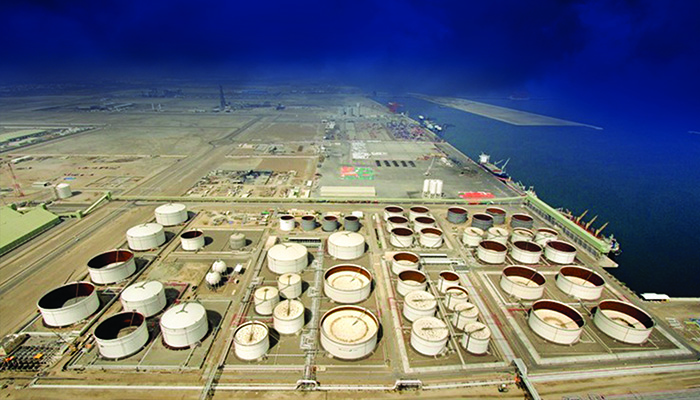
Muscat: Industries in the Sultanate are expected to play a vital role in economic growth, create jobs for people, besides reducing dependence on oil in the coming years.
As Oman celebrates its 30th Industry Day on February 9, Times of Oman spoke to a number of eminent persons in the country about this important sector and its contribution in reshaping the Omani economy.
Industrial expansion is among the targets of Oman Vision 2040, devised to create a strong, versatile and sustainable economy for the country, which can provide good standard of living and employment opportunities for all.
Industry Day was first celebrated on 9 February, 1991, when the late His Majesty Sultan Qaboos bin Said bin Taimour visited Rusayl Industrial Estate, and has been commemorated on that day since then.
This year, Qais bin Mohammed Al Yousuf, the Minister of Commerce, Industry, and Investment Promotion, will address via a video-conference the developments made in Oman’s industrial sector, the challenges that need to be addressed, enabling it to provide more to the country’s gross domestic product, and the ways in which it will help develop the economy.
Ahmed Al Sharqi, head of Economic Committee, Majlis Al Shura, said, “I believe Vision 2040 is an excellent reference point for industrial development, because of the national priorities, strategic goals and performance indicators. If the plans of Vision 2040 are well implemented, the fruits of its labour will be within our reach during the current and upcoming five year development plans. A strong industrial sector and diversified base will mitigate our need to depend on oil and gas.”
Ahmed Kashoub, an economist, said, “There are many opportunities for the industrial sector in the country, including petrochemicals, plastics, heavy industries, consumer goods, as well as a lot of scope for SMEs. Free zones in Sohar and Mazyona have been exclusively prepared for local and foreign investors, for example.”
A lot of projects in many industrial estates, such as Samail, Sur, Nizwa, Rusayl, Duqm, and Salalah have helped expand the country’s economic, commercial and industrial activities.
During the Industry Day celebrations, the names of companies that have won His Majesty the Sultan’s Award for Industrial Excellence will be announced.
These awards aim to encourage improved performance in industry, in line with the present needs and future developments of the economy.
Zahra bint Ali Al Siyabiya, director of the Department of Industrial Development at MOCIIP said, “The ministry will continue to support existing industrial establishments by facilitating the process of purchasing their products, in cooperation with the relevant authorities.”
“These will be according to certain criteria, the most important of which is that they comply with certain standards set up by the required authorities, and are of a certain quality,” she added. “The ministry is looking at new opportunities to attract people to invest in industry.
“To help achieve this, we are looking at bringing more in-country value to, and discussing ways to implement the same,” said Al Siyabiya.
“These practices will be in keeping with the correct international standards related to this field.”
Adding to this, Saeed bin Nasser Al Rashdi, CEO of the Omani Industrialists Association, said that since its establishment, the organisation has taken the initiative to integrate all activities by the relevant bodies to better integrate the industrial sector.
“There is no doubt that there are great challenges that need to be dealt with on an ongoing basis, but the association can be the desired link between the industrial sector and the bodies responsible for it,” he said.
“Manufacturing industries play an important role in providing long-term jobs for nationals, and this sector requires integrated legislation and policies.”
“The most important among these are simple procedures to set up companies, labour laws that help bring the best out of workers, encourage more foreign capital, developing ports and free zones, adopting modern technologies, and improving public-private partnerships,” he said.